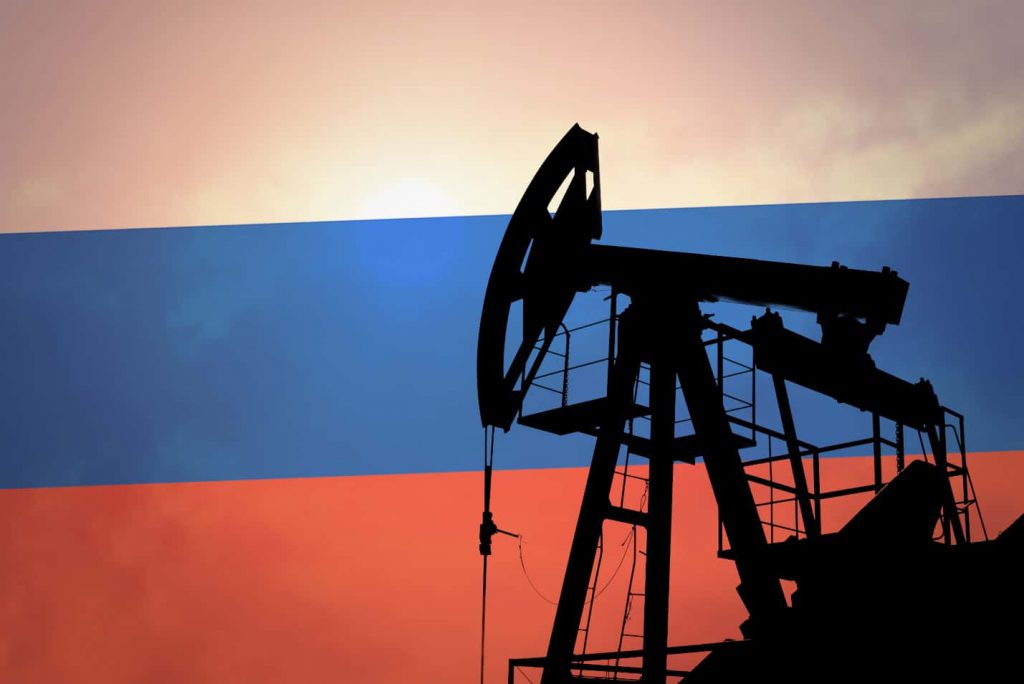
China extends record imports of Russian oil
China extended record imports of low-cost Russian crude oil into June, despite a lockdown-induced slowdown in total crude oil imports, squeezing out supply from the Middle East and West Africa.
The country is the world’s largest crude importer, and Russian oil helps Chinese refiners keep prices down at a time when profits are being squeezed by slower demand from COVID-19 curbs. Meanwhile, overall Saudi oil imports should fall to a near two-year low of 1.3 million bpd in June.
Separately, under government agreements, China should receive approximately 880,000 bpd of Russian oil via the two East Siberia-Pacific Ocean Pipelines (ESPO) and the Kazakhstan-China pipeline. Along with India, the world’s third-largest crude importer, Asian economic powerhouses have increased Russian oil imports since May, after Western corporations avoided interacting with Moscow for fear of falling foul of sanctions related to Russia’s invasion of Ukraine or drawing unwanted press.
The two countries purchased an additional 1 million bpd of Russian oil in May compared to April. This amounts to one-fifth of Russia’s overall exports, giving Moscow a buffer against Western sanctions while increasing domestic refining earnings.
China has been able to reduce supply from Saudi Arabia and Iraq, which should decline 40% and 30% month on month, respectively, as well as Angola, which might drop a quarter from May.
However, other dealers believe that rising freight costs and India’s increased imports in a developing rivalry with China may dampen Chinese interest in Russian oil in the coming months. Later in the year, Saudi contract volumes may also revert to pre-pandemic levels.
European gas prices fall
On Wednesday, European gas prices fell from four-month highs as Norway’s government intervened to terminate an oil and gas strike that threatened to compound the region’s deepening energy crisis.
The front-month gas price at the Dutch TTF hub, a European benchmark for natural gas trading, was last trading at 161 euros ($164.6) per megawatt-hour, down 2.5 per cent. In the previous session, the contract temporarily surpassed 178 euros per megawatt-hour due to increased supply concerns, reaching its highest level since early March.
Norway’s government late Tuesday offered “compulsory pay arbitration” to essentially terminate the offshore workers’ strike. According to the Norwegian government, based on the announced strike numbers, more than half of the country’s daily gas exports were expected to be lost by the weekend.
The proposed wage board to settle the disagreement between the Lederne trade union and Norway’s Oil and Gas Association means that both parties have agreed to call off the strike.
It comes as European governments strive to fill underground storage with natural gas supplies to keep the lights on and houses warm during the winter.
In reaction to President Vladimir Putin’s months-long offensive in Ukraine, the EU, which receives around 40% of its gas via Russian pipelines, is attempting to rapidly reduce its reliance on Russian hydrocarbons.
From Monday, Russia’s state-owned energy company Gazprom plans to temporarily shut down the Nord Stream 1 pipeline, the European Union’s largest piece of gas import infrastructure, for annual maintenance.
Russian court orders halt to Caspian oil pipeline
The Caspian Pipeline Consortium (CPC), which transports oil from Kazakhstan to the Black Sea via one of the world’s largest pipelines, has been ordered by a Russian court to halt operations for 30 days, even though shipments continue to flow.
Tengizchevroil, Kazakhstan’s largest oilfield, stated that oil shipments via the CPC pipeline have not been disrupted. Tengizchevroil, in which Chevron owns a 50% share, stated that it has requested clarification from the CPC on details and next steps following the verdict.
Oil deliveries from Kazakhstani fields to the CPC pipeline were likewise unbroken as of Wednesday morning.
CPC, which handles around 1% of world oil, said the decision to halt operations was due to paperwork on oil spills and that the consortium, which includes Chevron and Exxon (XOM.N), had to follow the court verdict on Tuesday.
Any significant disruption to the CPC would put more burden on the global oil market, which is experiencing one of its severe supply shortages since the Arab oil embargo in the 1970s.




